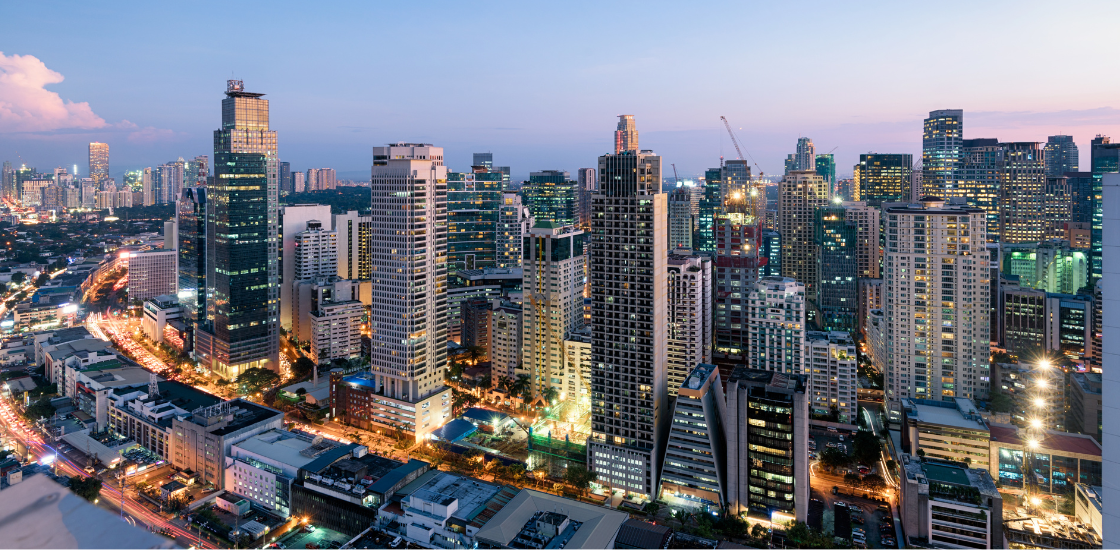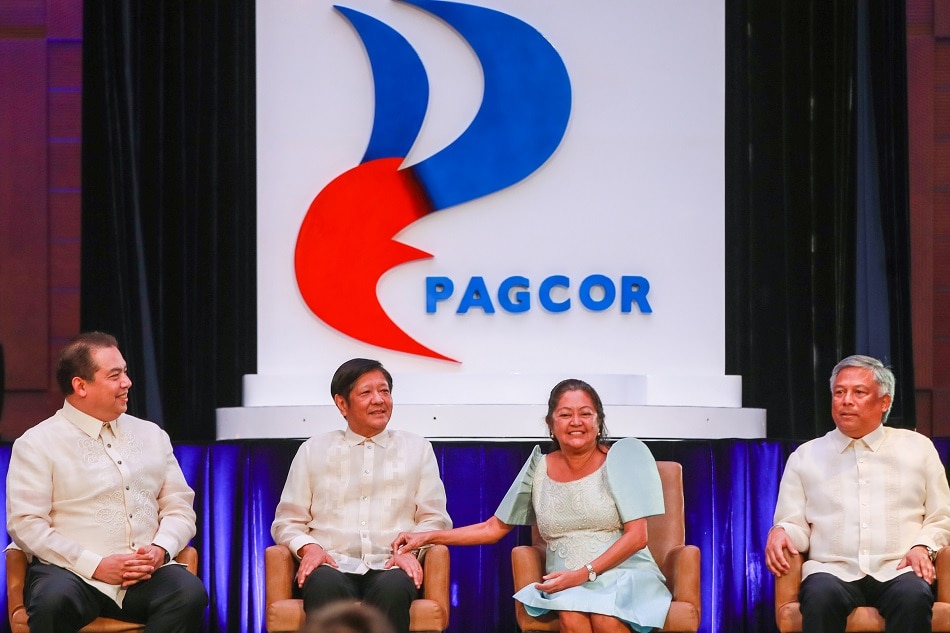Navigating Change and Challenges: An In-depth Analysis of the Philippine Gaming Industry
The Philippine gaming industry in 2023 presents a landscape of dynamic change and promising opportunities, explored in this detailed analysis developed in collaboration with the Philippine Amusement and Gaming Corporation (PAGCOR). This comprehensive review delves into the regulatory transformations, tourism impact, and the concerted efforts to combat illegal gambling, providing insights directly from PAGCOR representatives about their vision and strategy for the industry.

Transformative Regulatory Measures
The current trajectory of the online gambling sector in the Philippines is characterized by a climate of uncertainty, shaped by the introduction of stringent new regulations by the Philippine Amusement and Gaming Corp (PAGCOR). These regulations represent a significant shift in the country’s approach to online gambling, aiming to uphold high standards of integrity within the industry.
These reforms include increased capital requirements for operators, a move away from past financial benchmarks. PAGCOR’s representatives shared, “Our efforts to improve the legal situation of land-based and online gaming in the Philippines are continuing, and several reforms designed to improve regulatory policies have been implemented and should show results in the medium term.”
Those changes indicate a decisive move by PAGCOR to assert greater control and oversight over the online gambling sector in the Philippines. By imposing these rigorous standards and restrictions, the regulatory body seems to prioritise integrity and sustainability in the industry. This approach could lead to significant changes in how online gambling operates in the Philippines, potentially affecting both operators and consumers in the sector.
“We are also gaining ground in making online gaming operations less prone to abuse and illegal practices by fortifying our partnership with law enforcement agencies to stop to criminal activities linked to illegal offshore gaming” states PAGCOR. Overall the institution is “satisfied with how these reforms are reshaping the gaming industry by making it more transparent and credible”.
Tackling Illegal Gambling
The issue of illegal gambling in the Philippines has been a pressing concern for the industry in 2023. With over 41,000 arrests linked to illegal gambling activities, the scale of these operations and the government’s efforts to combat them are evident. This high arrest rate is a clear indicator of the extensive nature of illegal gambling in the country and underscores the government’s dedication to addressing this challenge.

PAGCOR has played a pivotal role in these efforts. As noted in their statement, “In the more than one year since we joined PAGCOR, we saw how online gaming operations have thrived, but also illegal gaming activities. This prompted us to revisit policies and strengthen regulatory frameworks such as closer monitoring to ensure lawful compliance by our licensees; reinforcing partnerships law enforcement agencies in the Philippines; and stiffer sanctions against erring offshore gaming licensees and service providers.”
The Philippine National Police (PNP) has also been a key player in enforcing these crackdowns, adopting a “One Strike, No Take” policy to emphasize a zero-tolerance approach to illegal gambling. This policy ensures accountability among police officers and highlights the serious stance of law enforcement on this issue.
Furthermore, PAGCOR has been collaborating with law enforcement agencies to tackle the spread of illegal gambling. They have also been reforming Philippine Offshore Gaming Operations practices, which have been linked to criminal activities such as money laundering and corruption.
PAGCOR has taken decisive actions in this regard, as stated: “We have thus far cancelled the accreditation of an offshore gaming customer relations service provider in Pampanga after a search operation showed their involvement in illegal and criminal activities. We also cancelled the accreditation of a gaming hub at the Clark Freeport Zone in Pampanga for failure to ensure lawful and orderly conduct on its registered sites.”
These initiatives by PAGCOR and the PNP demonstrate the significant challenges that illegal gambling poses to the Philippine gambling industry. The widespread nature of these operations not only affects the regulated gambling sector but also poses considerable social and economic risks.
PAGCOR’s comprehensive approach to reforming the regulatory framework is encapsulated in their statement: “We have overhauled our regulatory framework for offshore gaming; rebranded the erstwhile Philippine Offshore Gaming Operators or POGOs into the new Internet Gaming Licensees or IGLs; hiked up capitalization requirements; increased regulatory fees; and introduced new administrative fees to deter licensees from illegal activities because the financial hit for wrongdoings would be painful.”
PAGCOR’s Strategic Vision for 2028
The gambling industry, particularly the casino sector, has significantly influenced the tourism landscape in the Philippines. This sector’s growth has been a key factor in boosting both domestic and international tourism, thereby elevating the Philippines’ status as a prime destination for entertainment and leisure.
PAGCOR has highlighted the unique allure of the Philippines in enhancing its tourism appeal. “The Philippines has a unique charm that makes it one of the most favored tourist destinations in Southeast Asia. Its idyllic vibe, lush countryside, white sand beaches, and warm Filipino hospitality are well known,” they claim. Furthermore, PAGCOR emphasizes the role of regulated gambling in enriching the country’s tourism offerings: “Regulated gambling as we see it adds to the country’s tourism appeal because it offers another form of entertainment that is missing in destinations that do not allow them.”

The rise of integrated casino resorts in strategic locations such as Manila and Cebu has been instrumental in this regard. These resorts provide a multifaceted entertainment experience, encompassing not only gambling but also luxury accommodations, fine dining options, and world-class entertainment. This blend of offerings has been successful in attracting a significant number of tourists, thereby contributing to the growth of the tourism sector. The development of these resorts has also led to the enhancement of the surrounding infrastructure, including hotels, restaurants, and transportation networks, which further boosts the overall tourism ecosystem in the country.
The casino and gambling industry’s impact extends beyond tourism, as it also plays a vital role in job creation, tax revenue generation, and overall economic development. With continuous investment and development of new casino projects, the industry is poised for sustained growth.
PAGCOR underscores this potential, stating, “The gaming and entertainment industry in the country has burgeoned into a billion-dollar business with a huge upswing potential. New integrated resorts that are coming up in major areas should help propel GGR to new heights in the years to come.”
The Philippine gaming industry has been on an upward trajectory in 2023, showcasing promising signs of growth. This positive trend has been captured in the preliminary figures, igniting optimism among stakeholders within the industry.
A representative from the industry shared a positive outlook, stating, “Based on preliminary figures, we are confident that 2023 will be a banner year for the gaming industry. Third quarter numbers show that industry GGR has reached Php205.14 billion, very close to our full-year Php244.84 billion GGR target.”
This growth is not limited to general figures but is also evident in specific segments of the gaming industry. As noted in the industry statement, “Integrated resorts in Clark and the E-games sector also continue to gain momentum, making it more likely that we will reach or even surpass 2019 results.”
Overall, these developments highlight a robust and dynamic gaming sector in the Philippines, poised for continued growth and innovation in the years ahead.

